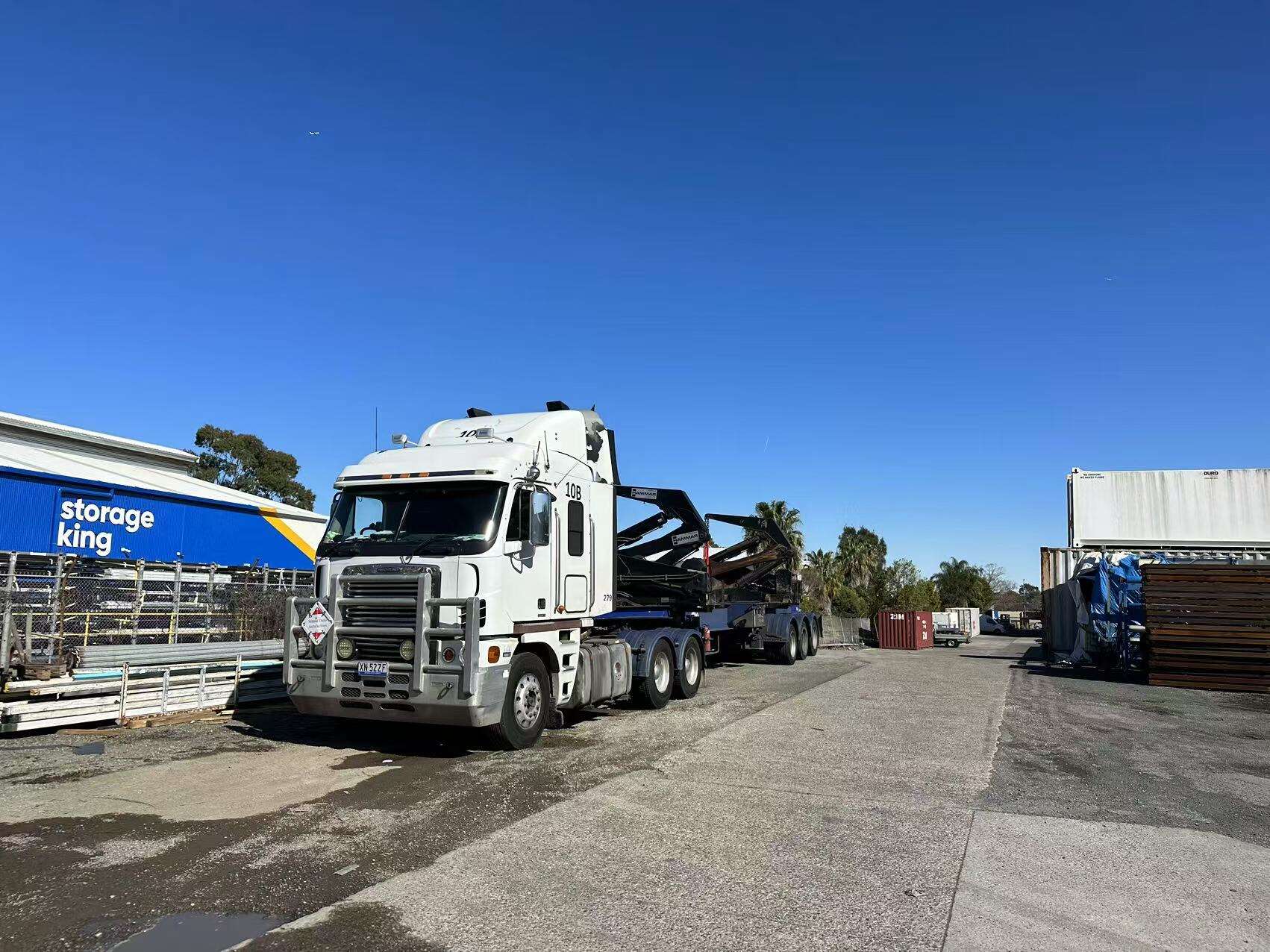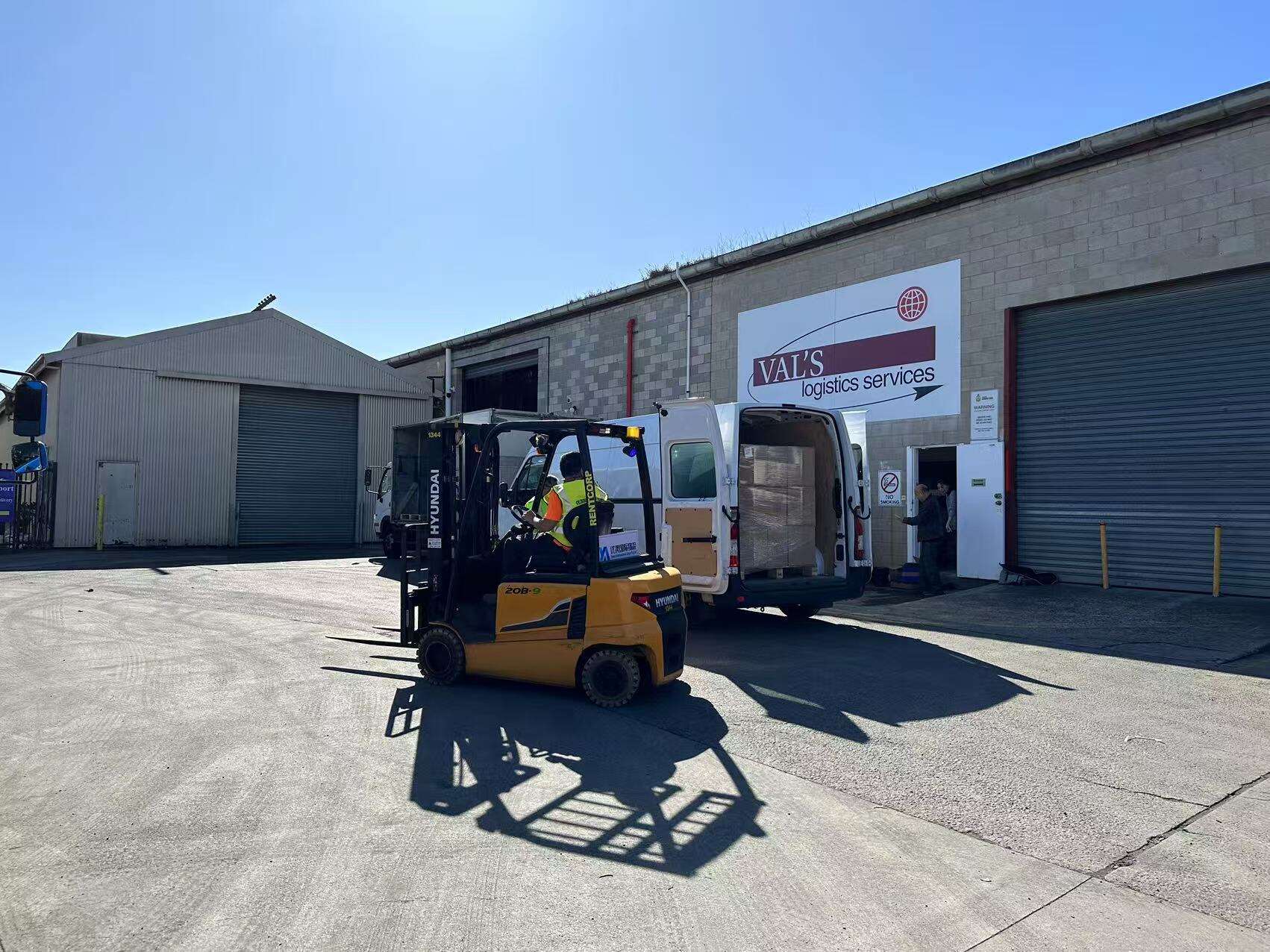Understanding Key Challenges in LCL Freight Shipping
Higher Costs Per Unit Compared to FCL
LCL freight tends to cost more per item than FCL shipping because it involves combining several smaller shipments into one container. When companies go the LCL route, they're paying extra for all the work involved in putting different packages together, moving them around, and storing them until everything fits just right. According to some research from XYZ Logistics, businesses might end up spending about 30% more on each unit when using LCL instead of full containers. This kind of price gap matters a lot when companies are trying to figure out how best to manage their shipping money without breaking the bank.
Increased Risk of Damage During Consolidation
When companies combine several smaller shipments into a single container, there's a bigger chance something gets damaged because people might not handle everything properly. Look at LCL (Less than Container Load) shipments during transportation - they face problems like containers stacking incorrectly or cargo moving around inside the container. Industry reports suggest roughly one out of five packages ends up damaged this way. Good packaging matters a lot here. Boxes need to be packed tightly together so nothing shifts when the truck hits bumps on the road. Some businesses use special corner protectors for fragile items too. Reducing damage isn't just about saving money on replacements though. When packages arrive broken, customers get upset fast. We've all been there, right? That frustrating moment when we open a box expecting something nice but find it smashed instead.
Customs Delays in International Freight Shipping
Clearing customs remains one of the biggest headaches when dealing with LCL freight, especially across borders where paper trails get complicated fast. The numbers tell a story too many businesses ignore: around 30% of LCL cargo sits stuck at ports because someone missed a form or forgot to include necessary paperwork. Smart companies spend time learning what those shipping rules actually mean instead of just skimming through them. When documentation gets handled properly from day one, there's less chance of getting stuck in bureaucratic limbo. This attention to detail pays off big time, cutting down on those frustrating wait periods and making sure goods reach their destination on schedule rather than languishing somewhere between continents.
Navigating Transit Time Delays in LCL Operations
Impact of Consolidation Wait Times on Schedules
The waiting period during consolidation really affects how well transit schedules work in LCL operations. Putting together several smaller shipments into one big container tends to slow things down quite a bit. We've seen this happen time after time where containers arrive later than planned, which means companies end up paying extra to store goods longer than they wanted. Most of the time, these consolidation steps can tack on anywhere from 2 to 5 additional days onto regular shipping timelines. For anyone running a business that relies on timely deliveries, understanding these built-in delays is essential. Smart companies build buffer periods into their planning so they don't get caught off guard when unexpected holdups occur during the consolidation process.
Port Congestion During Peak Freight Shipping Periods
Ports get backed up all the time, especially around busy shipping seasons such as holiday rushes and agricultural harvests. When too many containers show up at once, entire terminals become jammed, making those LCL shipments wait forever. According to numbers from ABC Port Authority, ships sometimes spend nearly half again as long getting through compared to normal days. This kind of delay really messes with promised delivery dates for businesses relying on just-in-time inventory. The best bet for companies dealing with this problem? Try scheduling cargo movements outside those hectic windows whenever possible. Most ports actually run much better when traffic isn't so intense, so planning ahead pays off big time in avoiding those frustrating delays.
Strategies for Buffer Planning with Air Freight Backups
When regular sea shipments get delayed during busy seasons, turning to air freight makes sense as a backup option for many businesses. Sure, flying cargo costs more money than traditional LCL shipping methods, but it gets products where they need to go much faster, which matters a lot for perishables or urgent orders. Companies that build air freight into their emergency plans tend to keep customers happy even when unexpected problems hit the supply chain. The extra expense pays off because on-time delivery keeps business relationships strong, showing why having multiple transport options remains crucial in today's unpredictable shipping world.
Managing Documentation Complexities in LCL Freight
Common Errors in Bill of Lading for Less-than-Container Load
Errors in Bill of Lading documents often create major headaches for LCL freight operations, causing everything from wrong delivery routes to higher shipping bills. According to what many industry insiders say, around 15% of all these forms have some kind of mistake in them. These problems mess up the whole shipping chain and lead to expensive delays that nobody wants. To cut down on these issues, companies need to train their documentation teams regularly and set up good systems for double checking paperwork before it goes out. When shippers focus on getting their documents right from the start, they actually make their LCL operations run smoother and more reliably. This attention to detail helps avoid those frustrating roadblocks that pop up during different parts of the freight forwarding journey.
Streamlining Customs Paperwork Through Digital Tools
The use of digital tools has changed how we handle customs paperwork for LCL freight, cutting down processing times while also reducing mistakes. According to DEF Digital Solutions research, companies that switch to digital documentation systems see about a 30% reduction in customs processing time. When businesses invest in these kinds of digital solutions, they get better operational efficiency overall. Paperwork gets handled faster and there's less back and forth trying to meet all those complicated international shipping rules. Companies that adopt digital tools find their operations run smoother because things happen quicker. Plus, accuracy improves significantly, so LCL freight management becomes much less stressful than it used to be with all those potential errors.
Optimizing Cost-Efficiency in LCL Freight Forwarding
Negotiating Volume Discounts with Freight Forwarders
Negotiating volume discounts remains one of the best ways to cut costs when dealing with LCL (Less than Container Load) freight forwarding. Companies that ship LCL cargo regularly often find they can save money through these arrangements. Some studies show businesses saving around 25% on their freight bills by getting bulk rate agreements, which makes sense for anyone looking to manage shipping expenses. Building good working relationships with freight forwarders helps secure those discounts too. When shippers maintain consistent contact and demonstrate loyalty over time, forwarders are more likely to offer favorable terms. This kind of partnership approach not only reduces transportation costs but also creates smoother operations overall.
Combining LCL with Intermodal Shipping Solutions
Combining intermodal shipping with LCL freight actually helps cut down transportation expenses while making things run smoother. When we talk about intermodal shipping, it basically means using different types of transport together, something that regular LCL shipping just cant match when it comes to getting goods where they need to go. Companies that switch to this method typically see lower shipping bills across the board without slowing down deliveries too much. What makes this so valuable is how it strengthens the whole supply chain against disruptions, handling those tricky logistics problems that come up all the time in global trade. The real magic happens when businesses mix truck, rail, and ship transport options for their freight forwarding needs, creating delivery systems that work better from start to finish without all the usual headaches.
Leveraging Technology for Smarter LCL Management
Real-Time Container Tracking Systems
Getting better visibility and control over LCL shipments matters a lot for logistics operations, which is why real time container tracking systems have become so valuable. These tracking solutions let companies see exactly where containers are located and what condition they're in while on the move, cutting down on all sorts of unknowns that used to plague transportation managers. As IoT tech continues advancing, we've seen numerous logistics firms boost their efficiency quite a bit through better tracking features. Some reports suggest around a 20% improvement in day to day operations when these systems are properly implemented. When problems do pop up during transit, businesses can now react much faster thanks to real time data updates, making sure shipments stay on track despite whatever challenges might come along the way.
AI-Powered Demand Forecasting for Space Allocation
The application of artificial intelligence in predicting demand has completely changed how space is allocated for Less Than Container Load (LCL) shipments. Shippers now get ahead of market fluctuations instead of reacting after the fact. Companies adopting these systems respond faster to changing conditions, keeping their warehouse spaces filled just right while dodging those frustrating supply chain snags. According to recent industry reports, firms that implemented AI-based forecasting saw their container utilization jump around 30 percent in just six months. When manufacturers start incorporating smart algorithms into their freight operations, they gain real visibility into what's happening across their networks. This means better money management since empty containers cost real dollars, all while still meeting customer expectations on delivery times. Beyond basic improvements, AI is reshaping entire logistics approaches for businesses dealing with partial container loads day in and day out.




